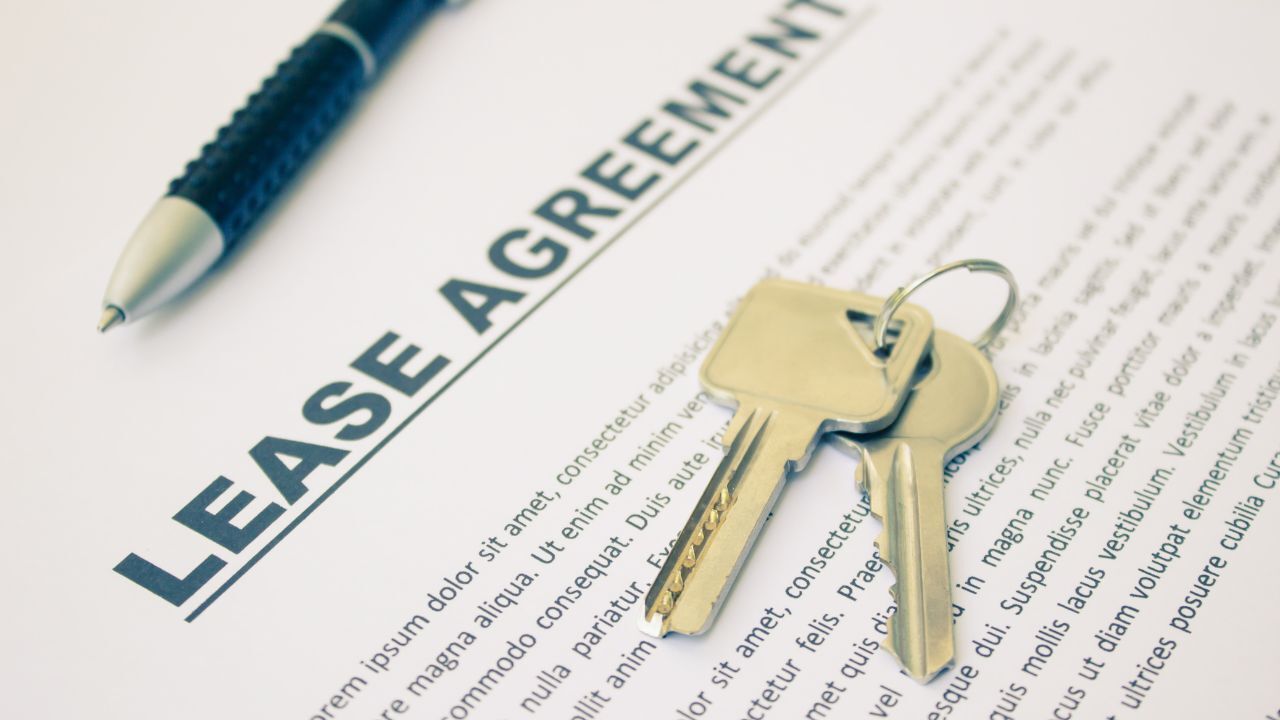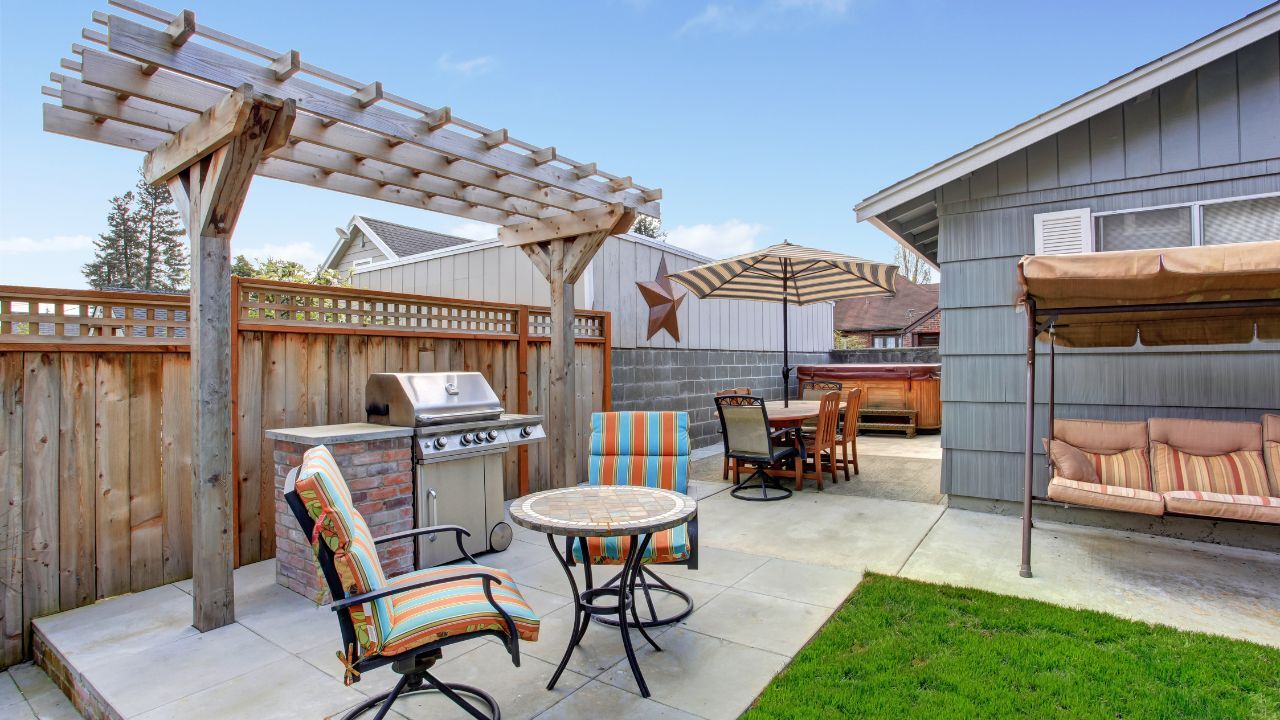 What Is a Power of Attorney in Real Estate?
What Is a Power of Attorney in Real Estate?
Selling a home involves a lot of paperwork, legal decisions, and sometimes even travel. But what happens when a homeowner isn’t able to handle those responsibilities themselves? That’s where a Power of Attorney (POA) can come into play. A POA is a legal document that gives another person the authority to act on someone else’s behalf in legal or financial matters—such as selling a home.
This can be incredibly useful for homeowners who are elderly, ill, out of the country, or otherwise unavailable to manage the real estate transaction personally. The person granted this authority is called the “agent” or “attorney-in-fact,” and their role is to carry out the sale as if they were the homeowner.
When and Why You Might Use It
There are a variety of situations where selling a home through a Power of Attorney makes sense. For example, if a homeowner is in a hospital or nursing facility and cannot physically attend meetings or sign documents, their agent can handle the sale. Military personnel stationed overseas often use POAs to allow a trusted family member or friend to manage their property back home. It’s also helpful for homeowners relocating for work who need someone else to handle the sale while they transition.
How the Process Works
The first step is creating the Power of Attorney document, which must be signed and notarized according to your state’s legal requirements. It’s crucial to ensure that the POA specifically includes the authority to sell real estate. Some POAs are general and cover broad financial matters, while others are limited to real estate transactions.
Once the POA is in place, the agent can list the property, sign contracts, and attend the closing on behalf of the homeowner. However, most title companies and lenders will require a copy of the POA in advance to review its validity, and some may require it to be recorded with the county before closing.
Important Considerations
It’s important to remember that the agent under a POA has a legal and ethical duty to act in the best interests of the homeowner. Misuse of a Power of Attorney can lead to serious legal consequences. For this reason, the homeowner should only grant this power to someone they fully trust.
Additionally, not all POAs are accepted in every real estate situation. Some title companies or lenders may have specific language or requirements, so it’s a good idea to work with a knowledgeable real estate agent and attorney to make sure everything is set up correctly.
Using a Power of Attorney to sell a home can make the process much smoother for homeowners who are unavailable or unable to manage the sale themselves. With proper planning, clear documentation, and a trusted representative, a POA ensures the transaction moves forward smoothly, even in challenging circumstances.
 What Is a Lease-Option Agreement?
What Is a Lease-Option Agreement? A small backyard can still offer a wealth of potential and charm when you approach it with the right mindset. If you’re looking for a home with a smaller outdoor space, don’t dismiss the idea just because of the size.
A small backyard can still offer a wealth of potential and charm when you approach it with the right mindset. If you’re looking for a home with a smaller outdoor space, don’t dismiss the idea just because of the size. A fireplace is often considered a symbol of comfort, warmth, and charm in a home. While it may seem like a luxury feature, buying a home with a fireplace can bring numerous advantages that go beyond just providing a cozy ambiance. Whether you’re looking for a functional addition or a way to increase your home’s value, a fireplace can offer both.
A fireplace is often considered a symbol of comfort, warmth, and charm in a home. While it may seem like a luxury feature, buying a home with a fireplace can bring numerous advantages that go beyond just providing a cozy ambiance. Whether you’re looking for a functional addition or a way to increase your home’s value, a fireplace can offer both.
 Congratulations! You have closed on your new home! After weeks (or even months) of searching, negotiating, and signing paperwork, you finally have the keys in hand. But before you kick back and start decorating, there are a few essential steps to take to protect your investment and make the transition as smooth as possible.
Congratulations! You have closed on your new home! After weeks (or even months) of searching, negotiating, and signing paperwork, you finally have the keys in hand. But before you kick back and start decorating, there are a few essential steps to take to protect your investment and make the transition as smooth as possible. When it comes to creating the perfect yard, one of the biggest decisions homeowners face is choosing between real grass and artificial turf. Both options have their benefits and drawbacks, and the best choice ultimately depends on your lifestyle, budget, and long-term goals for your outdoor space. Let’s break down the pros and cons of each so you can make an informed decision that suits your home and needs.
When it comes to creating the perfect yard, one of the biggest decisions homeowners face is choosing between real grass and artificial turf. Both options have their benefits and drawbacks, and the best choice ultimately depends on your lifestyle, budget, and long-term goals for your outdoor space. Let’s break down the pros and cons of each so you can make an informed decision that suits your home and needs. Buying a home is one of the most exciting milestones in life, but it’s also a process that can sometimes come with unexpected delays. Whether it’s financing hiccups, inspection issues, or paperwork snags, knowing how to keep your purchase on track can make a huge difference. Here’s what you can do to stay proactive and keep moving forward toward your dream home.
Buying a home is one of the most exciting milestones in life, but it’s also a process that can sometimes come with unexpected delays. Whether it’s financing hiccups, inspection issues, or paperwork snags, knowing how to keep your purchase on track can make a huge difference. Here’s what you can do to stay proactive and keep moving forward toward your dream home.
